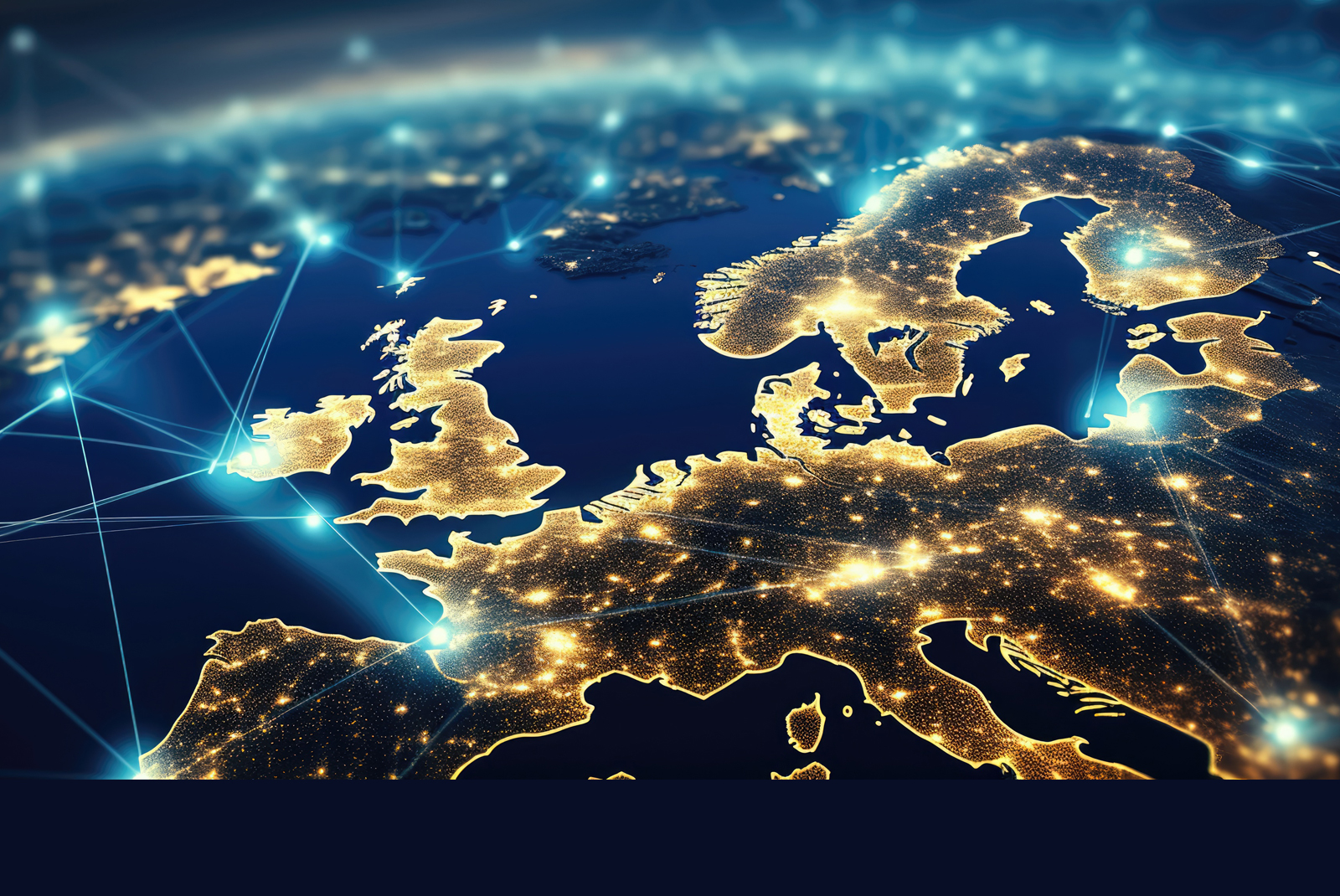Company Resources

A Snapshot of the Venture Capital Landscape in Europe in H1 2023
- Published August 31, 2023 5:20AM UTC
- Publisher Cecile Bon
Venture capital (VC) serves as the backbone of the innovative European tech ecosystem. But as we have seen in the first half of 2023, the landscape is evolving. These changes are influenced by a myriad of factors, and understanding their impact is crucial to shaping effective strategies for the future.
Balancing Act: Funding, Valuations, and Market Reality
2023 has presented a unique conundrum in the European VC landscape. While the ecosystem is much more resilient and established compared to previous downturns in 2000 and 2008, investment volumes have significantly decreased. Based on the first half-year activity, total investment volumes in Europe are predicted to reach around $50B for 2023, a 50% drop compared to 2021 and a 38% fall from 2022. Notably, this shift isn’t unique to Europe; it’s a global trend, highlighting a new adjusted market reality.
However, it’s worth emphasizing that these figures still represent a 35-40% increase compared to 2019 and 2020. The challenge lies in adapting to this new normal, where the focus must shift from raw growth numbers to the quality of investments and sustainability of startups.
Impacts and Challenges of a Global Downturn
The global downturn in investment volumes significantly affects cross-regional capital flow. Notably, there has been a decrease in capital from US investors in Europe. This effect is more pronounced for later-stage founders seeking larger rounds of funding.
The challenges extend to liquidity. Stagnant exit values for two consecutive years have presented liquidity difficulties at all levels – from founders to tech employees and Limited Partners (LPs). The prospect of an IPO window re-opening later in the year is a glimmer of hope, indicating a strong pipeline of high-growth firms waiting to capitalize on this opportunity.
Balancing Quality and Quantity: The New Normal
Amid these challenges, founders are acclimatising to the adjusted reality. This has led to an increase in layoffs and down rounds. Yet, the slowdown isn’t necessarily negative. With fewer companies starting, the focus can be on quality over quantity. There’s potential to create a healthier ecosystem where successful startups are robust, high-quality ventures with experienced senior talent.
Interestingly, despite a 15-20% year-on-year decrease in new tech startups, the quality of European founders has never been better. The share of companies being started by repeat founders and experienced operators is at an all-time high – 37% – promising a stronger, more resilient ecosystem.
Emerging Opportunities: AI and Purpose-Driven Tech
While the current landscape presents challenges, it also offers significant opportunities. AI has captured a significant share of funding, with Generative AI companies securing 35% of all funding for European AI/ML companies. This signals an ‘AI supercycle’ which could potentially drive a golden age of innovation.
Simultaneously, Europe continues to lead in ‘purpose-driven tech’ – technologies that align with UN Sustainability Goals. Their share of all funding has increased to 18%, indicating a growing emphasis on sustainable and impactful tech solutions.
Looking Ahead: The Venture Capital Landscape in Europe
As we move forward, the more restrained funding environment is likely here to stay. This poses challenges, but it also paves the way for a healthier, more balanced ecosystem. The focus is shifting towards quality over quantity, towards sustainability over rapid growth, and towards impactful innovation over traditional sectors.
While the landscape will continue to evolve, one thing remains clear: the European VC landscape, with its unique combination of resilience, innovation, and commitment to purpose-driven tech, remains a crucial player in the global tech ecosystem. Investors looking to navigate this landscape must be aware of these shifts, ready to embrace the challenges and seize the emerging opportunities.
Backed By Leading Investment Groups and Family Offices




